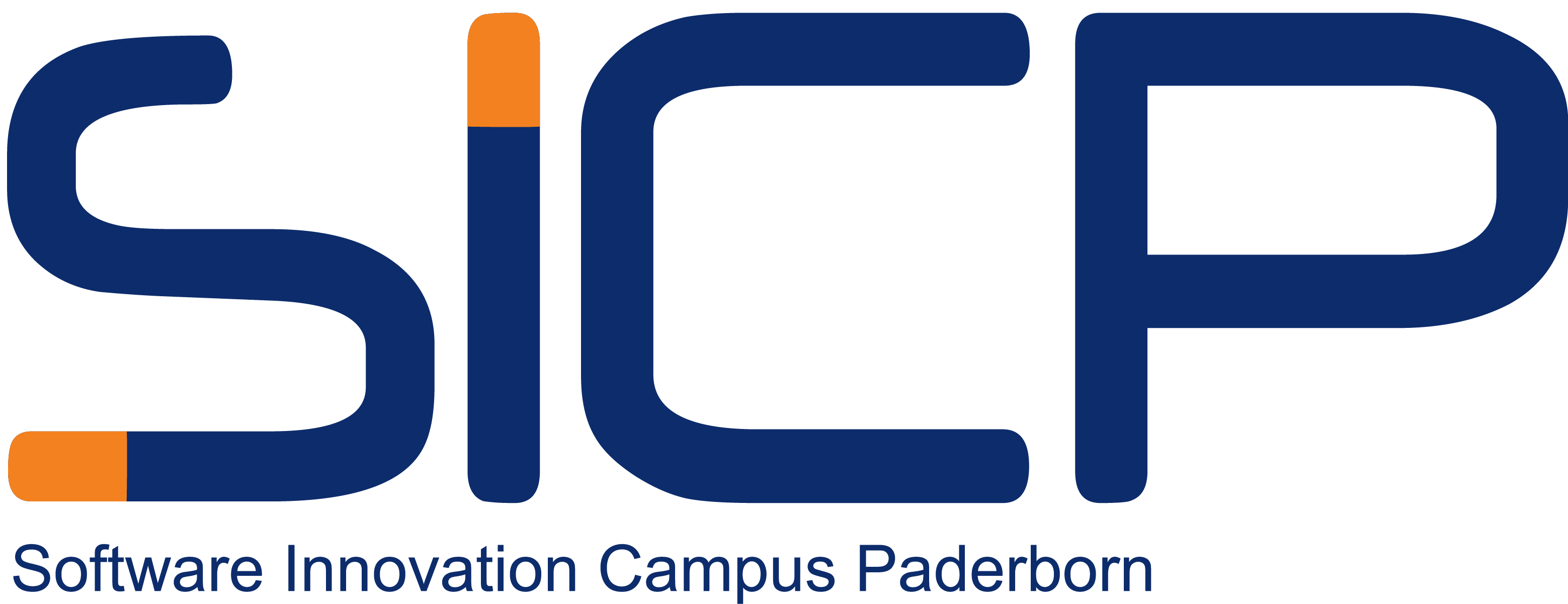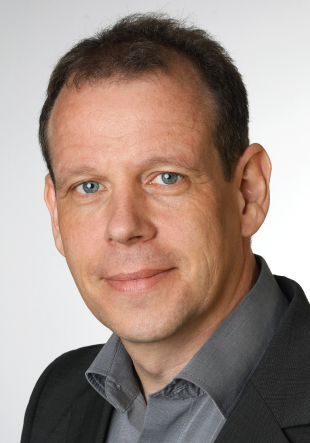Cross-sector decision support for the flexible design of the energy system under uncertainty (FlexiEnergy)
Against the backdrop of rising global demand for energy and the finite nature of fossil fuels such as oil and gas, the German government has set itself the goal of increasing the share of electricity from wind and sun in gross energy consumption from currently around 15 percent to 60 percent in 2050 as part of the energy transition. There is still a long way to go and it raises the question of how the future energy system should be designed under increasingly volatile energy production conditions.
Cross-sector planning of energy networks (i.e. integration of electricity, gas, district heating and mobility) offers the possibility of exploiting synergies between different energy sources and thereby making energy systems more cost-efficient and low-carbon, as well as guaranteeing the stability of the networks in the future. However, integrated planning also increases complexity, since many influencing factors with their interactions, different interests of the actors involved (i.e. utilities, network operators and policymakers) and uncertainties in the planning process must be considered.
Therefore, a decision support system is to be developed in this project which supports the mentioned actors in this planning and transformation process and provides recommendations for the future design of energy systems. In addition to recommendations on network design, recommendations on the design of new business and tariff models as well as regulatory policy recommendations are to be derived (see figure 1).
Figure 1: Schematic presentation of the contents of project „FlexiEnergy“
In order to achieve these goals, the project first develops a knowledge system that maps the complex and uncertain influencing factors, including their interactions, and presents them transparently to the decision-maker. From this, different future scenarios can be derived, which make it possible to consider different options for action within the decision-making process. Furthermore, simulation and optimization models for the integrated planning of the sectors electricity, gas and heat as well as mobility will be developed in order to identify robust and flexible grid design solutions. In addition, it can be assumed that the transformation of energy systems will lead to a shift of value-added shares and that new market roles and business areas will emerge. For this reason, the project also develops innovative business and tariff models. These are aimed, for example, at so-called "prosumers" (a consumer who is also a producer) or address new concepts such as neighborhood networks and tenant electricity models.
Finally, the decision support system will be piloted based on case studies of the involved project partners. This ensures a broad application of the developed methodology and foster concrete recommendations for grid operators and energy supply companies as well as for politics.
Partners:
- Paderborn University (Software Innovation Lab, Competence Center of Electrical Energy Technology – Sustainable Energy Concepts)
- Rechenzentrum für Versorgungsnetze Wehr GmbH
- UNITY AG
- WestfalenWIND GmbH
- Energie Impuls OWL e. V.
- Westfalen Weser Netz GmbH
- Stadtwerke Dinslaken GmbH
- SWB Netz GmbH
- SPP GmbH
Contact: Sascha Burmeister
Project term: August 2018 until July 2021
Website: www.flexi-energy.de
Coordinator: Software Innovation Campus Paderborn (SICP)







